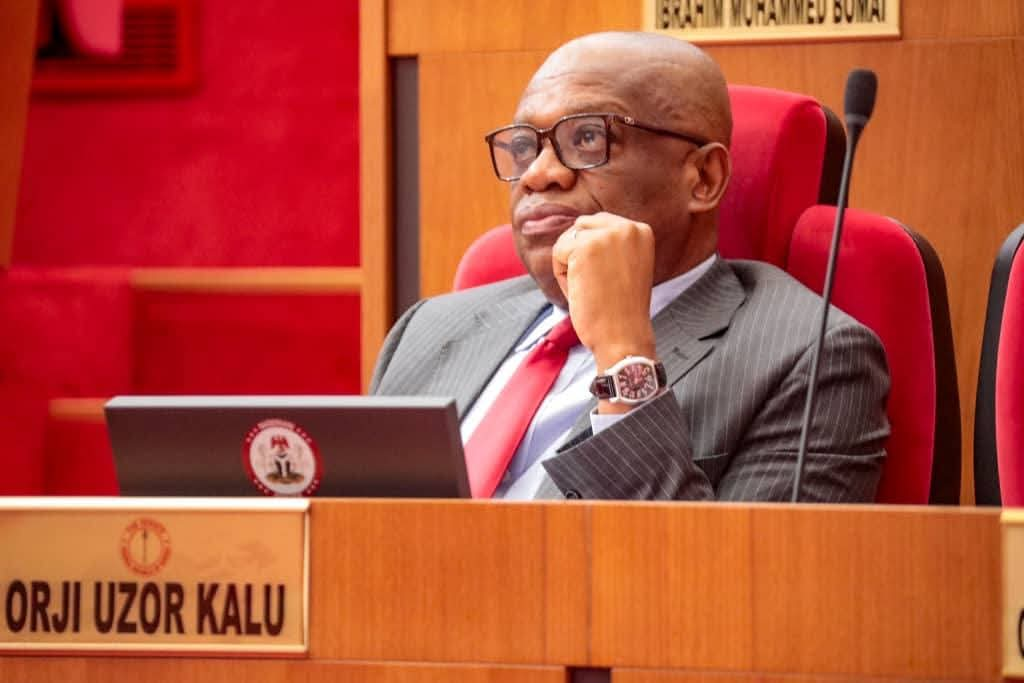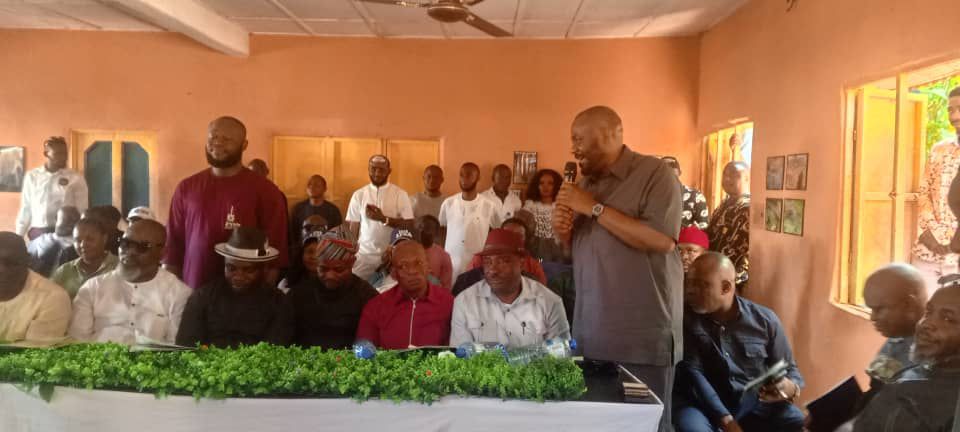The political landscape of Abia North Senatorial District is currently abuzz with discussions favoring continuity in representation, largely due to the “transformative governance” attributed to the incumbent Senator Orji Uzor Kalu. Since his return to the Senate in 2019, Kalu’s legislative and developmental efforts have reportedly set a new benchmark for infrastructure and socio-economic progress in the zone.
According to a review of his tenure, Senator Kalu has overseen significant advancements that are both “quantifiable and visible.” Between 2019 and 2025, his office reportedly facilitated over 350 infrastructure projects. These include the construction of more than 140 rural roads, the establishment of 130 new schools, and the installation of solar-powered street lighting across 48 communities. These interventions are credited with improving access to education, reducing post-harvest losses for farmers, and enhancing overall security and commerce in areas that were previously underserved.
Beyond infrastructure, Kalu’s commitment to human capital development has been highlighted as particularly noteworthy. Thousands of youths and women in the constituency are said to have benefited from various empowerment programs, which provided vocational tools, financial grants, and agricultural inputs. A key economic initiative cited is the establishment of a cashew processing factory in Igbere, projected to create over 5,000 jobs, demonstrating a strategic approach to economic sustainability within the district.
When compared to previous senators from Abia North, including respected figures like Uche Chukwumerije and Mao Ohuabunwa, proponents argue that Kalu’s scale and consistency of development are unprecedented in the past decade. While specific current poverty rates for Abia North alone are not readily available from the National Bureau of Statistics (NBS), national data indicates significant rural poverty across Nigeria.
The proponents of continuity suggest that sustained investments in infrastructure and education under Kalu’s tenure have positively impacted the local economy and living standards in the senatorial district.
Adding weight to the argument for Kalu’s impact, even Governor Alex Otti of Abia State, a member of a different political party (Labour Party), has reportedly acknowledged drawing inspiration from Kalu’s development blueprint during his own gubernatorial years, particularly for urban renewal strategies in Aba. This bipartisan recognition is seen by supporters as strong validation of Kalu’s governance philosophy and enduring relevance.
Senator Kalu, who was re-elected in 2023, is portrayed as a leader who embodies continuity, competence, and credibility in a political environment often criticized for unfulfilled promises. His re-election is described not merely as a political win but as a “referendum on performance.” Advocates for his continued tenure argue that replacing him without a demonstrably superior alternative risks undermining the progress made and potentially reverting Abia North to a period of legislative dormancy.





